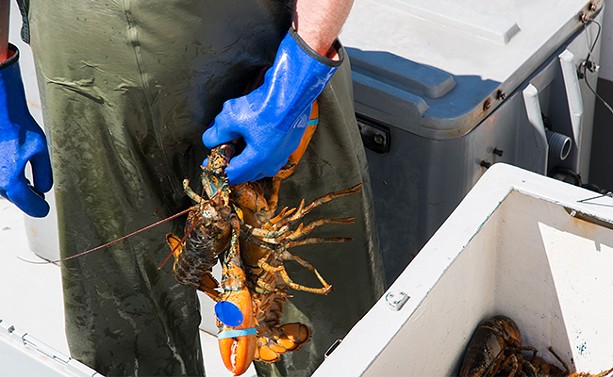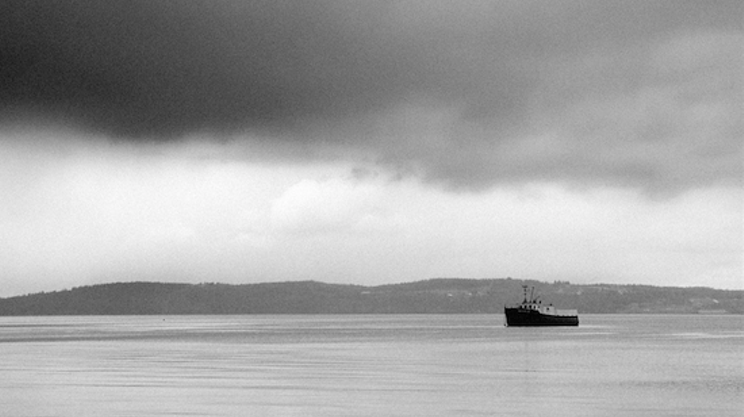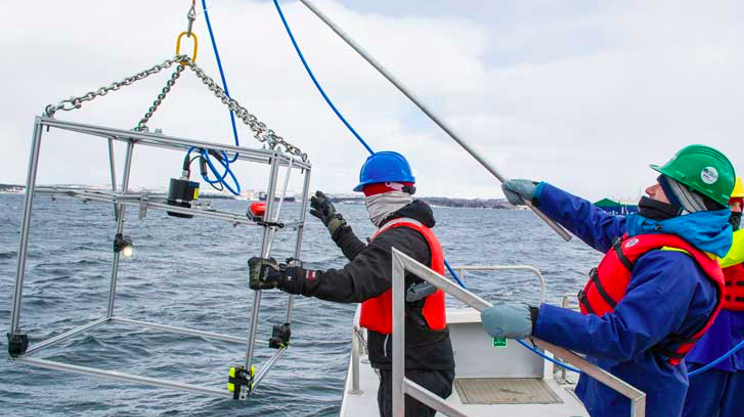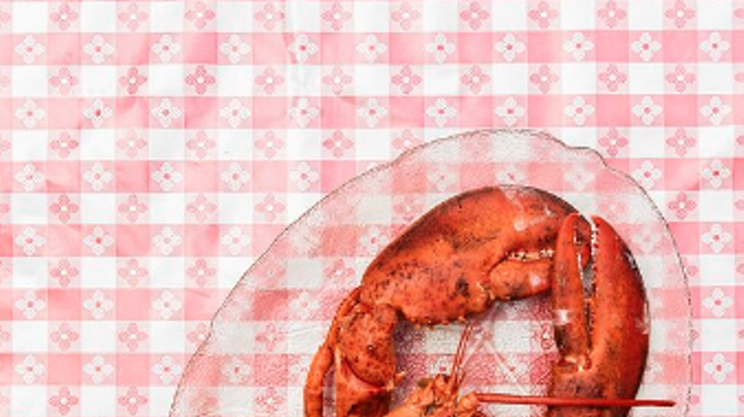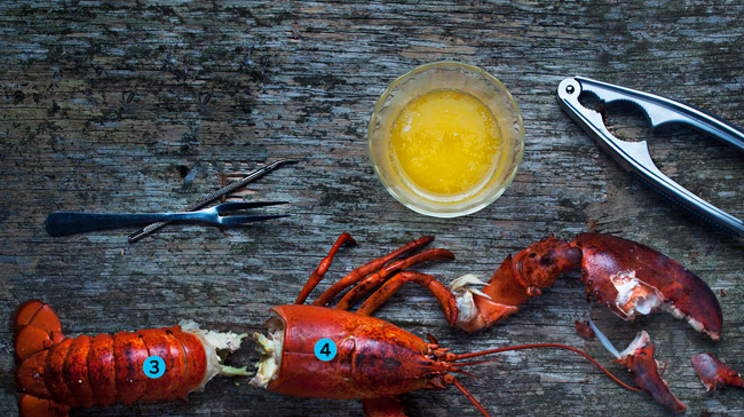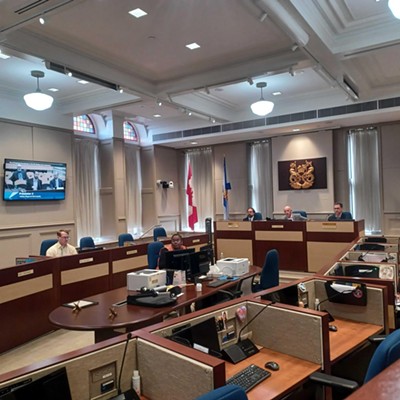A debate over illegal fishing has reached a boiling point in southwest Nova Scotia.
Amidst accusations from non-Indigenous fishers about black market lobster sales, the Assembly of Nova Scotia Mi’kmaq Chiefs is calling on the Department of Fisheries and Oceans to finally clarify the policy surrounding a legal case nearly 20 years old.
Mi’kmaw fishers working in St. Mary’s Bay have been facing vocal outcry this season from non-Indigenous fishers in and around the Digby wharves. Sometimes, a line of angry men
Recently two men were charged by the RCMP after online threats were made against Mi’kmaw fishermen. A protest that took place outside the Digby DFO offices in mid-September called on government bureaucrats to “stop illegal fishing” and “protect lobster stocks.”
That’s just the problem, says Assembly lawyer Bruce Wildsmith. The fishing isn’t supposed to be illegal.
The right to fish is protected under the Donald Marshall case, which reached the Supreme Court of Canada in 1999. The court found that alongside existing special licenses available to First Nations communities (food, social and ceremonial: and commercial) there is a third allowance that dates back to the treaties of the 1760s. Today, it’s called “moderate livelihood.”
“In the Marshall case it included the right to have sufficient income to provide food, clothing, shelter and basic amenities,” Wildsmith says. “Something like [an] average income for a Nova Scotian.”
But despite 18 years of on-and-off negotiations, the federal government has yet to produce an agreed-upon policy.
“People are tired of waiting,” Wildsmith says, “and you can’t blame them, after this length of time.”
Under current “food, shelter and ceremonial” regulations, lobster fishing is permitted but selling isn’t. That’s where the protests come in. Demonstrators in Digby allege the Indigenous fishers are illegally selling their catch.
The DFO seems to agree. Morley Knight, assistant deputy minister, told a lobster forum last month in Yarmouth there are “clear indications” of illegal sales happening.
Speaking off-the-record, one fisheries source agrees there may be a few “bad apples,” but the lion’s share amongst First Nations communities
According to Wildsmith, there’s a real sense that all of the
“Fisheries and Oceans Canada continues to engage, in good faith, with the Assembly of Nova Scotia Mi’kmaq Chiefs among others on the implementation of historic treaties, and it is through these and other processes that rights-related issues in the fisheries are being addressed,”
“In the meantime, we expect all harvesters to continue to abide by the rules set out for an orderly, safe and sustainable fishery.”
That puts Mi’kmaw fishers in a tough spot, argues Wildsmith.
Indigenous lobster fishers have to generate the money to purchase fishing gear, boats, fuel and equipment, all without ever selling their catch.
“All those costs, you’re supposed to absorb, just to get some food?”
Meanwhile, with no immediate resolution on the horizon, the pressure escalates. Without movement from the government, Wildsmith says, the situation can’t improve.

